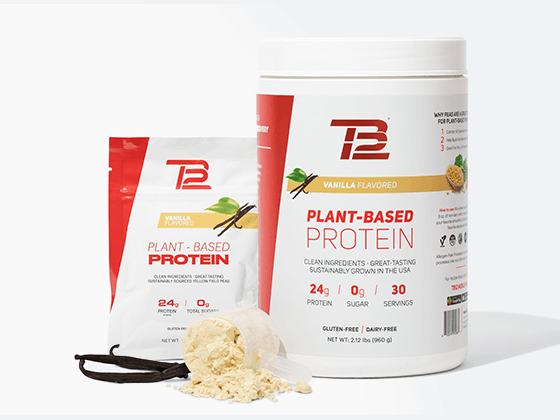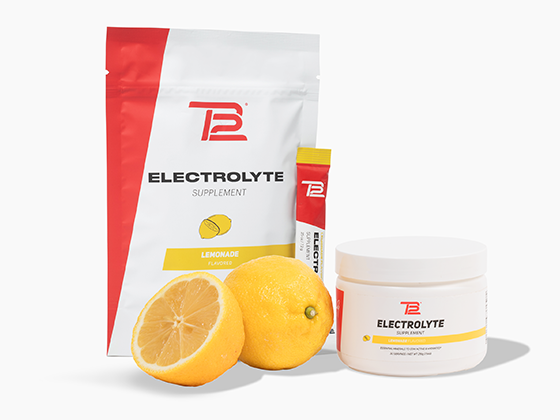WHAT IS PROTEIN
Why do you want to keep an eye on daily consumption levels? To understand the importance of protein you should first learn what protein is. Proteins are large molecules found throughout the body that cells need in order to function properly. The body contains trillions of cells each containing thousands of protein molecules. Without these proteins, every cell, tissue, and organ cannot do their jobs properly.
Protein molecules are built from amino acids, which are typically called “the building blocks of life.” These building blocks' primary function is to build, heal, and repair tissues — especially muscles. It is important to remember that not all protein is created equal and the body uses 20 different amino acids in order to build proteins, and they are either classified as essential or non-essential. Nonessential amino acids are naturally produced by the body, while essential amino acids must be obtained through our diet — which is why being aware of the amino acid profile of what you eat and eating a balanced and nutritious diet is so vital.
What Does Protein Do?
Protein helps your body perform many essential functions. Primarily, it is required for the growth, maintenance, and recovery of muscle tissues. Amino acids have been shown to reduce the rate of protein degradation in your muscles, shifting your body from a catabolic state to an anabolic state post-workout to help you to recover and build muscle. We recommend that you ingest protein within 20 minutes of finishing a workout to promote proper recovery and muscle-protein synthesis — the process that both restores and builds your muscles. If you don’t provide your body with protein within 20 minutes, it will start to break down muscle tissue in an attempt to fuel itself, so it's crucial to follow the "20-minute rule."
Where Should I Get It And When Should I Have It?
For many, “eat more protein” is synonymous with “eat more meat” but that does not have to be the case. While many animal-based protein sources (like meat, poultry, fish, eggs, and dairy) contain the amino acids that your body needs, that doesn’t mean they are the best way to get your protein. Whole grains, legumes, vegetables, seeds, and nuts are great sources of plant-based protein to incorporate into your diet. You should get your protein from plants when possible because plant-based sources of protein also contain other nutrients and health benefits that your body needs.
Good sources of protein: Beans; seeds (hemp, chia, flax); tree nuts; quinoa; avocado; and raw, leafy greens. Protein supplements are another way to get the protein needs into your diet. These supplements are often protein powders of various sources including whey, pea, soy, hemp, and more. Protein powder is a great way to start your day.
Scoop it in your morning smoothie or pancakes for a protein-packed breakfast! If you are working out, you should be consuming either a protein bar or a scoop of protein powder (20-30 grams) mixed into a protein shake after your workout. Because protein is quickly digestible and works immediately toward rebuilding and repairing muscles, you should eat or drink protein-packed products within twenty minutes of finishing your workout. If you wait any longer, your body will begin looking for protein sources and will start tearing down the muscles you’ve just been building up.
Is Protein All That I Need?
Protein is a crucial part of any diet, but when it comes to your nutritional intake, balance is the key. While high-protein diets will help you excel in the gym, improve your recovery, add more muscle, and increase strength, they shouldn’t be the only macronutrient in your our diet. Healthy fats and natural carbohydrates will help bring balance to your diet. You can get healthy fats in foods like avocados, walnuts, and salmon and quality carbohydrates in fruits, vegetables, and natural, whole grains. Whether you’re looking to maintain proper nutrition or build muscle, protein provides your body with what it needs to get up, go, and keep going.





